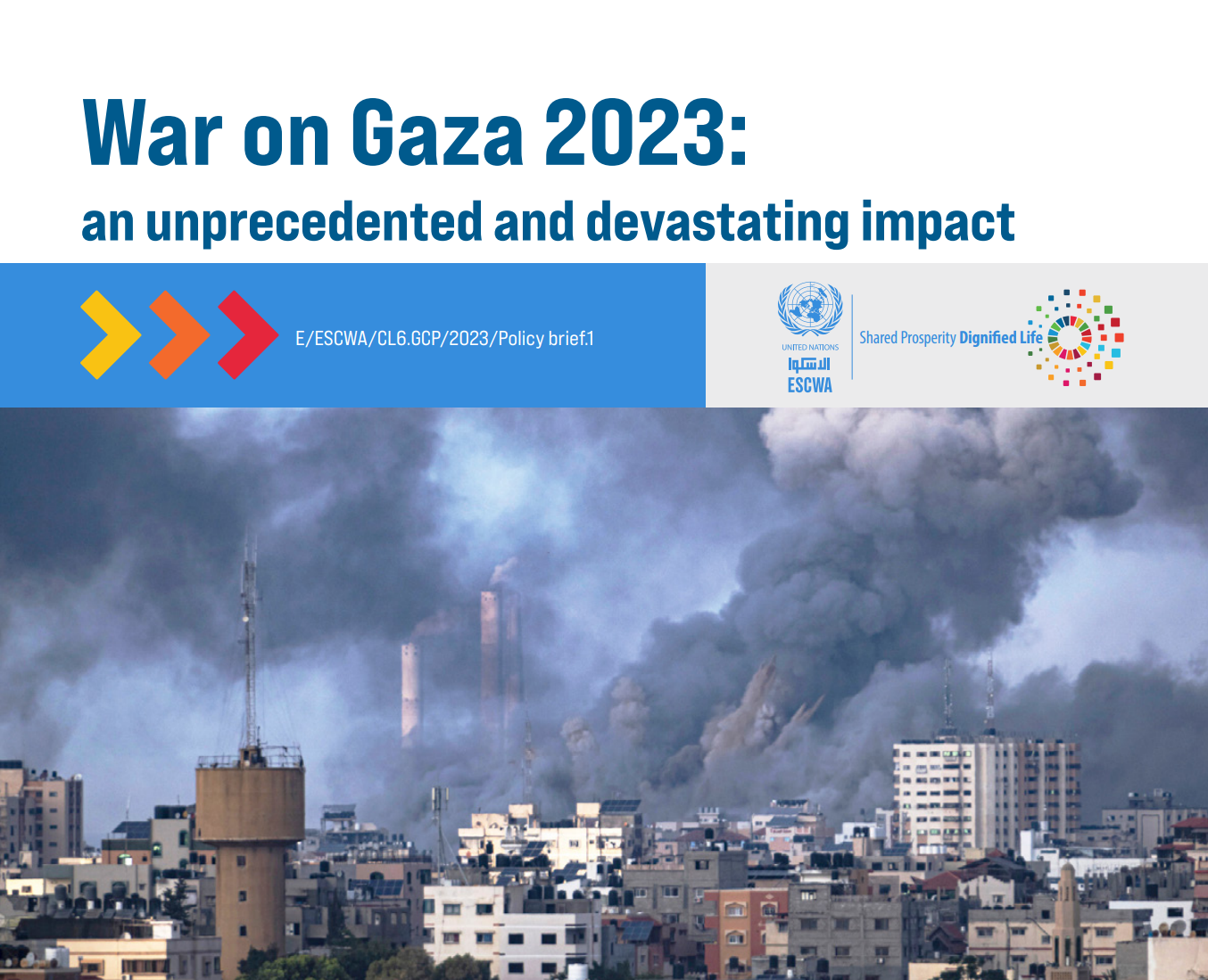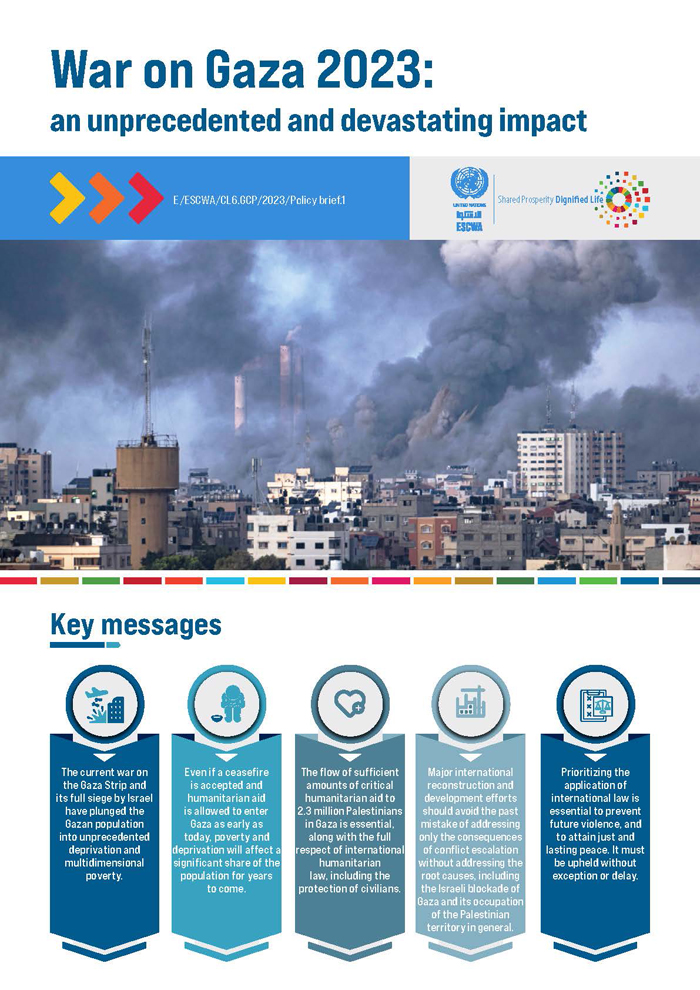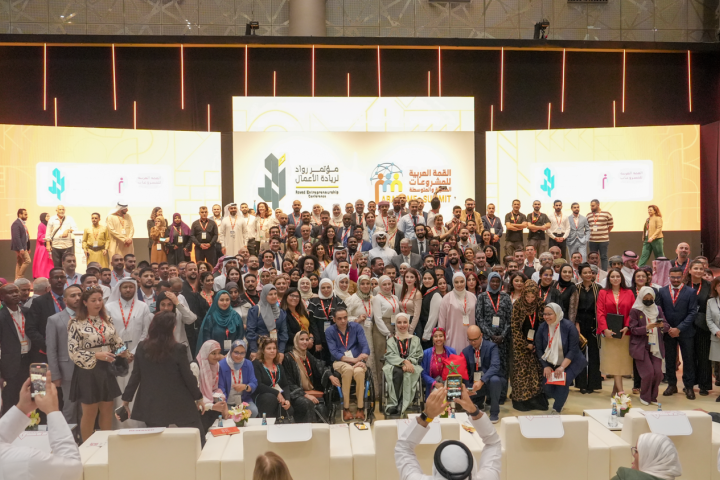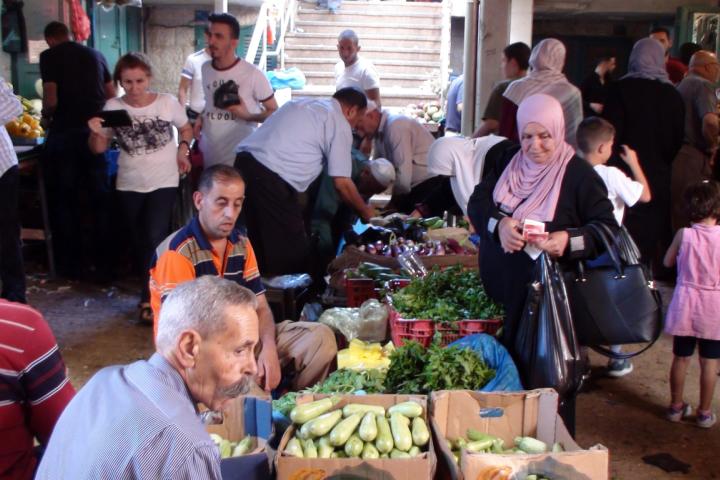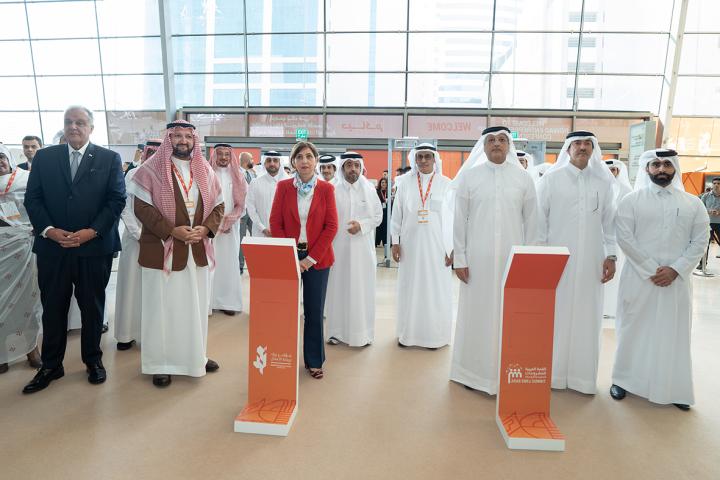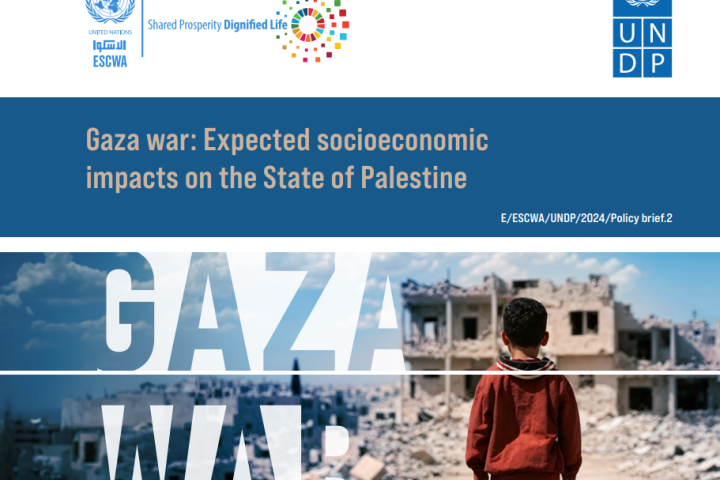Beirut, 25 October 2023--The war on Gaza and its full siege by Israel have been unprecedented in the scale of death and destruction, with profound and devastating impacts on the lives of Palestinians. To date, more than 6,500 lives were lost, 40 per cent of which were children, which is more than triple the combined total of four previous escalations since 2008. Moreover, Israeli bombardment has fully destroyed or severely damaged 42 per cent of housing units.
The United Nations Economic and Social Commission for Western Asia (ESCWA) has issued a policy brief titled “War on Gaza 2023: an unprecedented and devastating impact”, to unpack the dire situation by looking at two of its critical aspects: the socioeconomic context of Gaza prior to the war, characterized by occupation, blockade and recurrent military escalations; and the immediate and long-term consequences of the war.
In terms of context, the brief highlights that the blockade imposed on Gaza since 2007 is the most severe manifestation of Israel’s longstanding policies of restricting the mobility of Palestinians, in what amounts to collective punishment. Down from a monthly average of exits from Gaza of more than half a million people in 2000, only 35,370 persons per month were allowed exit in 2022, noting that the blockade also restricts the entry and exit of some goods.
Another critical element of the context in which Gazans were living before the war, according to the brief, is the recurrent military escalations which have led to de-development in the enclave and have shifted the focus of dwindling aid from development to humanitarian efforts. While development aid was 5 times higher than humanitarian aid in 2010, the ratio shrunk to 1.5 in 2021.
“For years, Gaza had been witnessing a downward socioeconomic spiral illustrated by the fact that, in 2022, GDP per capita stood at $1,256, down from $1,972 in 2000. This is one of many indicators of the dire situation in which the Gazans lived prior to 7 October,” highlighted ESCWA Executive Secretary Rola Dashti. “The international community now has a compelling responsibility to ensure flow of sufficient amounts of critical humanitarian aid to Gaza,” she stressed.
The brief then zooms in on multidimensional poverty, a measure that examines monetary and non-monetary indicators of well-being. It reveals striking figures according to which practically all the population of Gaza, or an estimated 96%, are now living in such poverty and suffering from multiple deprivations due to the current war. The figure is up from 45% in 2017-2018. The people of Gaza are now living under heavy bombardment that is not only causing physical destruction but is also depriving them of vital access to essential services such as life-saving health care, water, food, electricity, education and employment.
“Even if a cease fire is agreed and humanitarian aid is allowed to enter Gaza, poverty and deprivation will affect a significant share of the population for years to come, due to the scale of loss of human life, loss of human capital and capabilities and destruction of socioeconomic infrastructure,” warned Dashti. “To avoid the recurrence of violence, it is crucial to handle the post-war phase differently from previous escalations. A major recovery and sustainable development plan for Gaza should be designed and put into action along with an internationally mediated peace process that addresses the root causes of the war. This plan should learn from past mistakes and should not be restricted to dealing only with the immediate humanitarian needs resulting from war,” she concluded.
***
About ESCWA
One of five United Nations regional commissions, ESCWA supports inclusive and sustainable economic and social development in Arab States, and works on enhancing regional integration.
For more information:
- Ms. Maryam Sleiman, Public Information Assistant, +961-81-769-888; email: sleiman2@un.org
- Ms. Rania Harb, Public Information Assistant, +961-70-008-879; email: harb1@un.org
